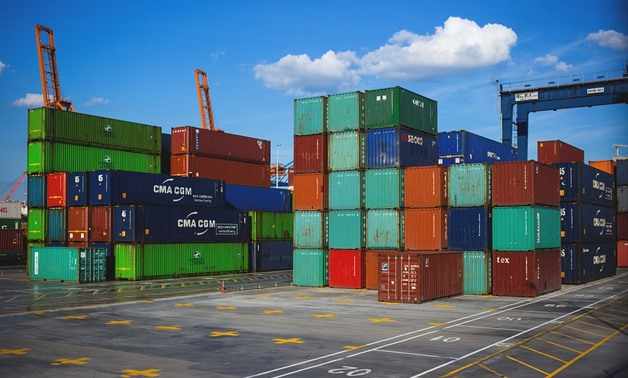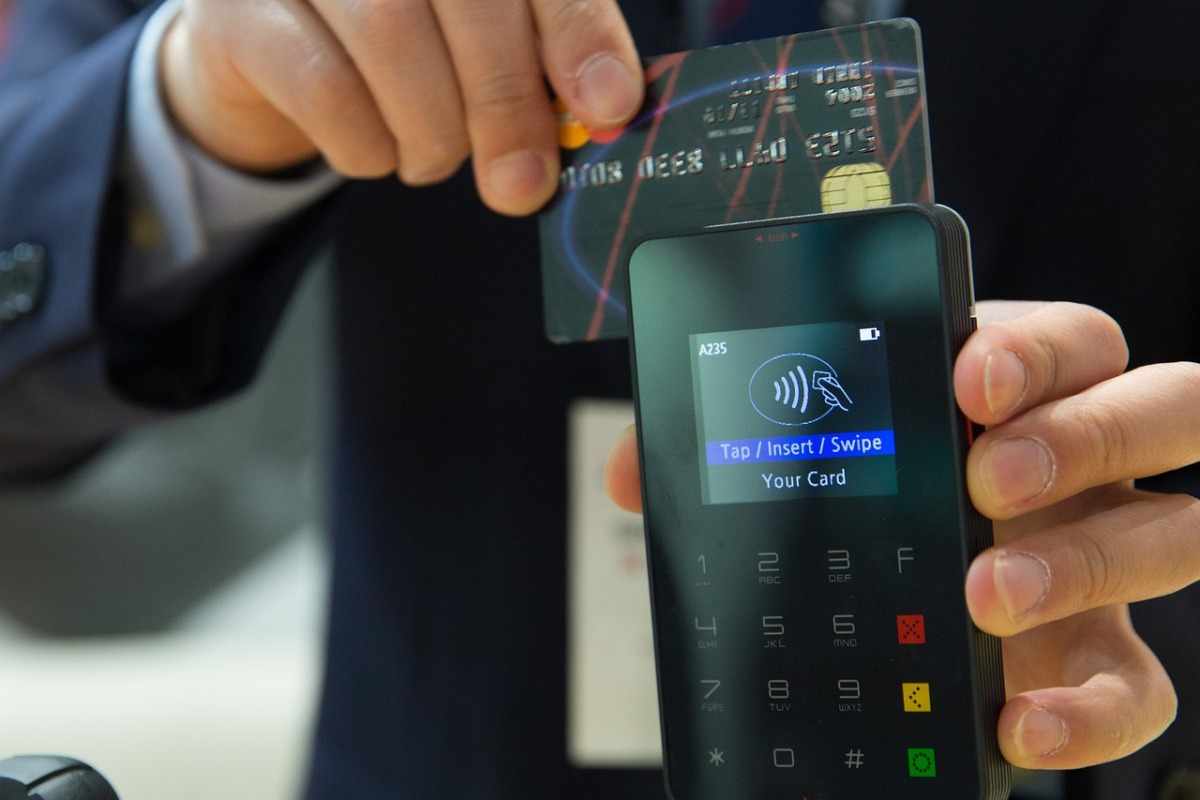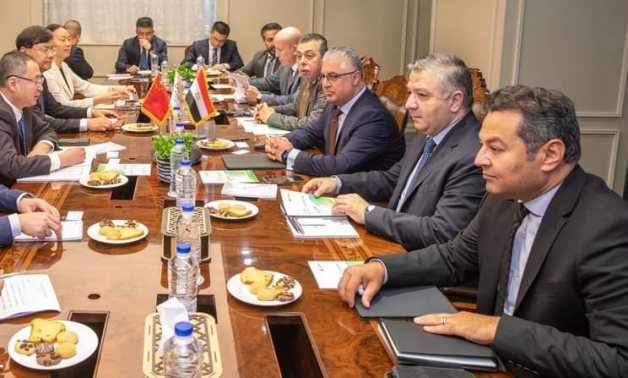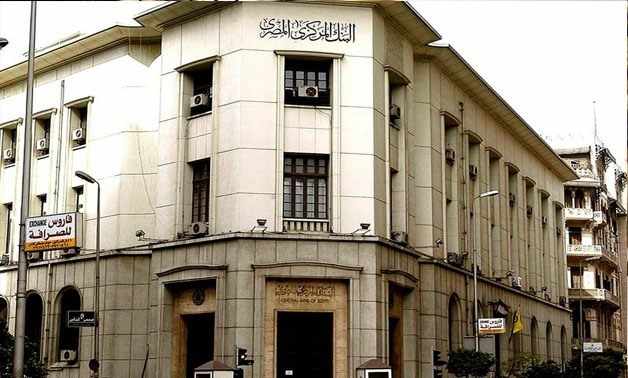Prepaid is the future of financial inclusion
- Date: 28-Feb-2021
- Source: Wamda
- Sector:Financial Services
- Country:Middle East
Prepaid is the future of financial inclusion
Rupert Shaw is the chief commercial officer at Ding, a mobile top up and airtime transfer company based in Ireland
Among all the developments in the telecoms sector, the prepaid mobile phone is perhaps one of the most revolutionary. At a time when mobile phones were only to be found in the hands of businessmen, with the bank accounts and debit cards to pay off the monthly privilege of making calls and sending texts, the vast majority of the world's population could only rely on their landline - that is if they indeed had access to one.
But some time during the 1990s, as the cost of mobile phones began to drop and prepaid contracts were introduced, mobile connectivity became an attainable reality for much of the world's population. This was perhaps the biggest democratising force the telecoms industry enacted, and it brought new kinds of technology to the masses.
In some ways, the prepaid mobile was one of the earliest forms of financial inclusion, giving access to connectivity to those without bank accounts or credit cards. The simple act of topping up our mobile phones or sending credit to a loved one belies a sophisticated infrastructure that has become fertile ground for























